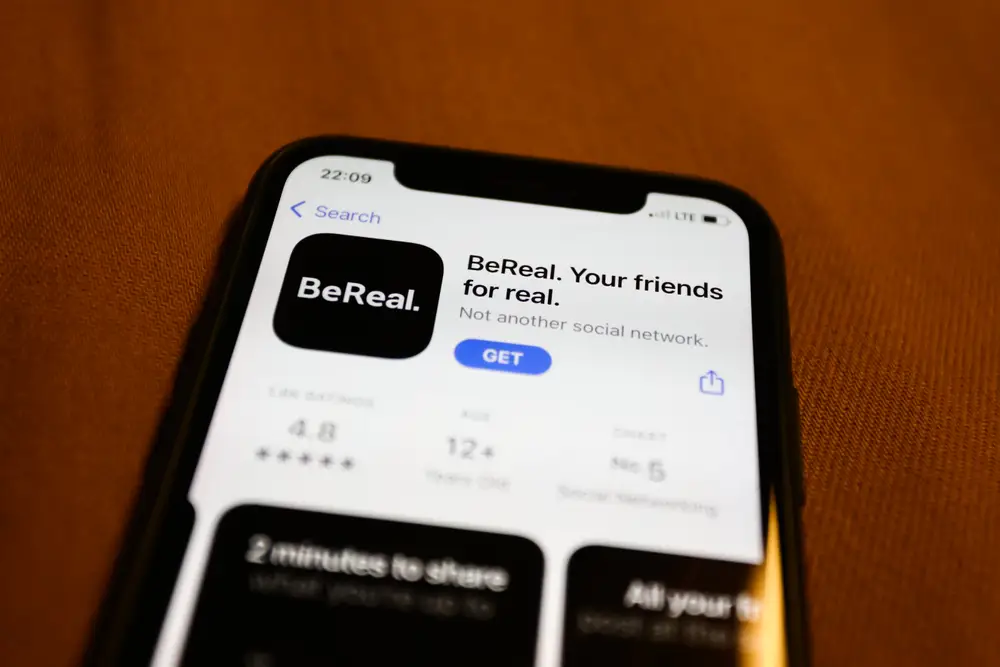SOCIAL MEDIA BANS
Why TikTok Is Getting Banned: Understanding the Concerns
Explaining It Like You’re 5
Imagine a big playground where you show all your friends fun dance moves and silly faces. Some grown-ups worry that this playground (TikTok) might be giving away secret information about you to strangers. They think closing the playground could keep you safer. That’s why they’re talking about banning TikTok—so nobody’s private information can get into the wrong hands.
A Simple Breakdown for Everyone Else
1. Concerns About Data Sharing
TikTok is owned by a company with ties to China, and many governments worry that user data could be accessed by foreign entities. This raises red flags about who controls sensitive information and how it might be used.
2. National Security Fears
Some officials believe TikTok could pose a security threat, especially if personal information or user habits could be exploited. They argue that banning the app might prevent misuse of that data.
3. Privacy and Regulation
Data privacy laws vary across countries, but many legislators are uneasy about any app that collects detailed user data—particularly an app so popular with younger audiences.
4. Political and Cultural Influence
Beyond data, governments also worry about the spread of misinformation or content that could sway public opinion. By banning TikTok, they aim to reduce the risk of foreign interference in local matters.
5. The Impact on Users
If TikTok gets banned, creators and influencers could lose an important income source, and everyday users would miss their favorite short videos. Many would look for new apps to fill the gap, altering the social media landscape.
In short, TikTok faces bans because of concerns about privacy, data sharing, and security. Critics of banning the app say it may be an overreaction or politically motivated, but government leaders insist they’re acting to protect citizens’ information and well-being. Regardless of where you stand, the debate highlights just how powerful social media has become—and why questions about data protection aren’t likely to go away any time soon.
So, When Will We Find Out?
There’s no hard deadline for a final decision on a nationwide TikTok ban in most countries discussing it. In places like the United States, the process can involve:
Legislation: Congress might pass a law outright banning TikTok or giving specific powers to the President or a federal agency to restrict the app.
Executive Orders: The President could issue an order targeting TikTok if it’s deemed a national security threat.
Legal Challenges: Even if a ban is issued, courts could delay implementation if TikTok or ByteDance challenges it, leading to lengthy legal proceedings.
Because of these steps, it’s hard to pinpoint an exact date. If politicians or security agencies decide to fast-track the process, it could move faster, but most likely it will take months—or longer—to resolve.
How Many Times Has This Been Proposed Before?
Talk of banning TikTok has come up multiple times in several countries, but the most notable and repeated proposals have been in the United States:
Mid-2020: Former President Donald Trump signed executive orders aiming to ban TikTok unless ByteDance sold its U.S. operations to an American company. These orders were later challenged in court and put on hold.
Early 2023: With renewed worries about data privacy, various state and federal bills were introduced. Some states moved to ban TikTok on government devices. At the federal level, proposals like the RESTRICT Act also brought renewed focus on potentially blocking or restricting apps linked to foreign adversaries.
In other countries, such as India, a ban was actually enacted in 2020, while places like the U.K. and EU have so far only restricted TikTok on government devices.
Who Decides If It Happens or Not?
This depends on each country’s governance structure:
Legislative Branch (e.g., U.S. Congress): Can pass laws that directly or indirectly ban TikTok, impose strict regulations, or grant special powers to ban foreign-owned apps.
Executive Branch: Presidents or Prime Ministers can issue executive orders or directives if they deem TikTok a national security threat.
Regulatory Bodies: Agencies like the U.S. Department of Commerce or Committee on Foreign Investment in the United States (CFIUS) can make recommendations or rulings about foreign-owned companies operating domestically.
Judicial Branch: If TikTok or ByteDance contests a ban, the court system can uphold, modify, or strike down government orders based on constitutional or statutory grounds.
In short, the final call often involves more than one branch of government and can be influenced by court rulings.
What Will ByteDance Do?
ByteDance, TikTok’s parent company, has taken or could take a few different actions:
Project Texas (U.S.-Focused Storage Solution)
TikTok has proposed storing all U.S. user data on American servers (in partnership with Oracle) to alleviate concerns about Chinese government access.
The plan includes third-party oversight of TikTok’s algorithms and data handling.
Selling TikTok’s U.S. Operations
If required by law or if tensions escalate, ByteDance could attempt a partial or full sale of TikTok’s U.S. business to an American company, much like what was considered in 2020.
Legal Challenges
ByteDance can (and likely will) pursue legal action to contest a ban if it’s ordered, arguing it’s unlawful or unconstitutional.
Negotiations with Regulators
ByteDance may continue discussing detailed security arrangements (e.g., auditing, data localization) with government officials to avoid a ban.
Ultimately, if a ban moves forward, ByteDance’s next steps will depend on how flexible the legislation or executive orders are and whether a sale or significant operational changes could satisfy regulators’ concerns.
Bottom Line
When We’ll Know: There’s no set timeline; it could be months or even longer before a conclusive decision is reached (if ever).
Times Proposed: In the U.S. alone, TikTok has faced multiple ban efforts since 2020; other countries have also proposed or enacted bans.
Who Decides: Typically a combination of legislative and executive branches, with possible judicial review.
ByteDance’s Moves: They’ll likely continue to offer compromises like local data storage and robust oversight, or even consider selling part of the company if that’s the only way to avoid a ban.




